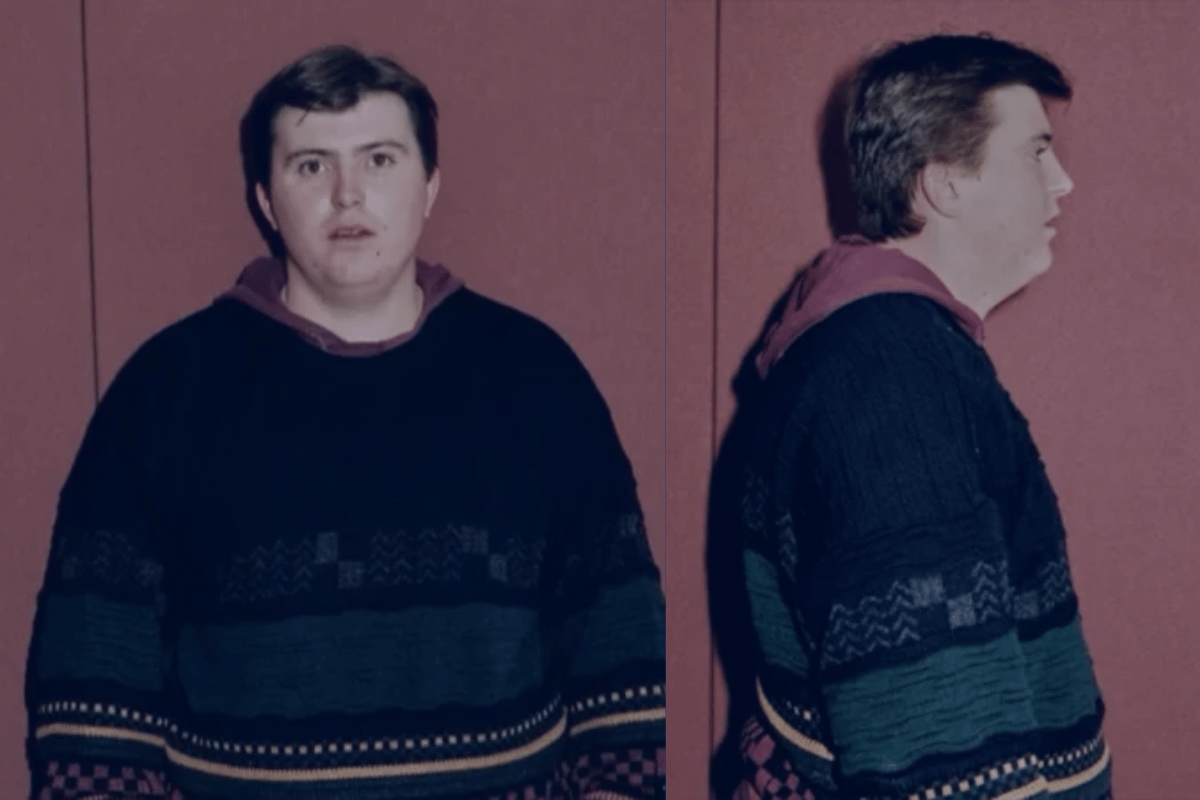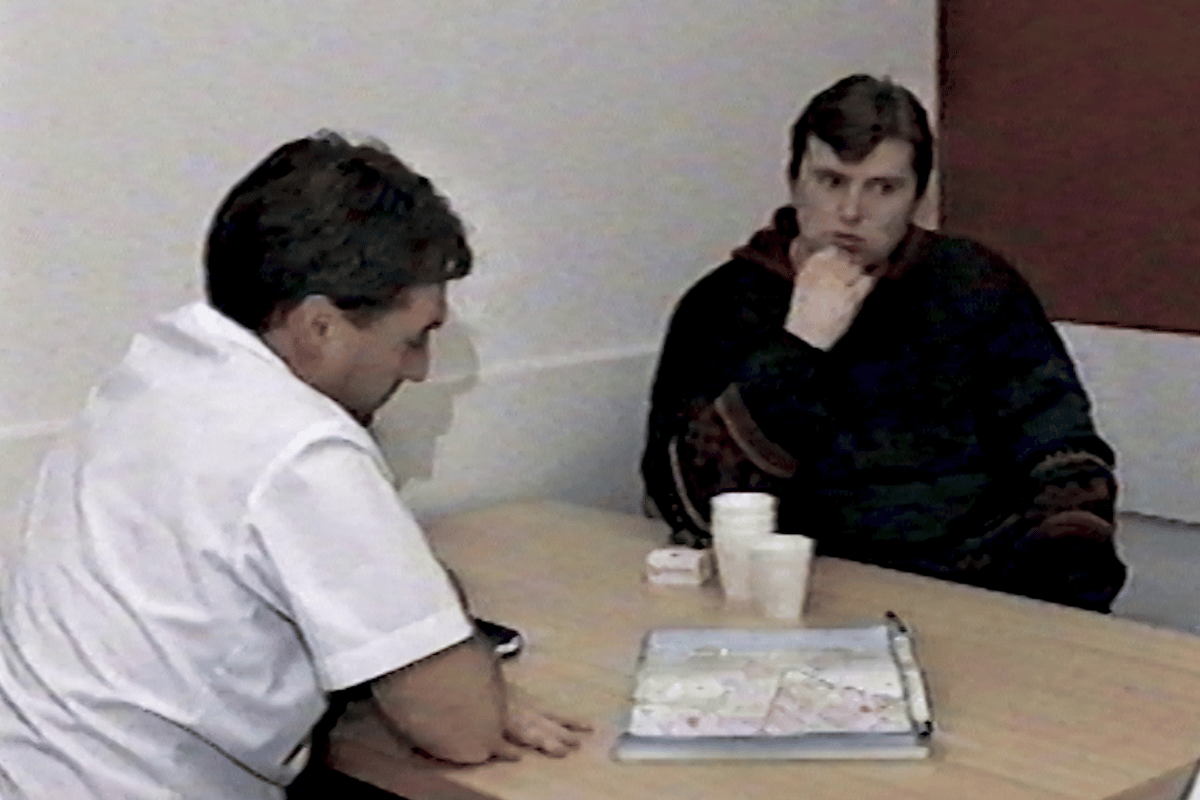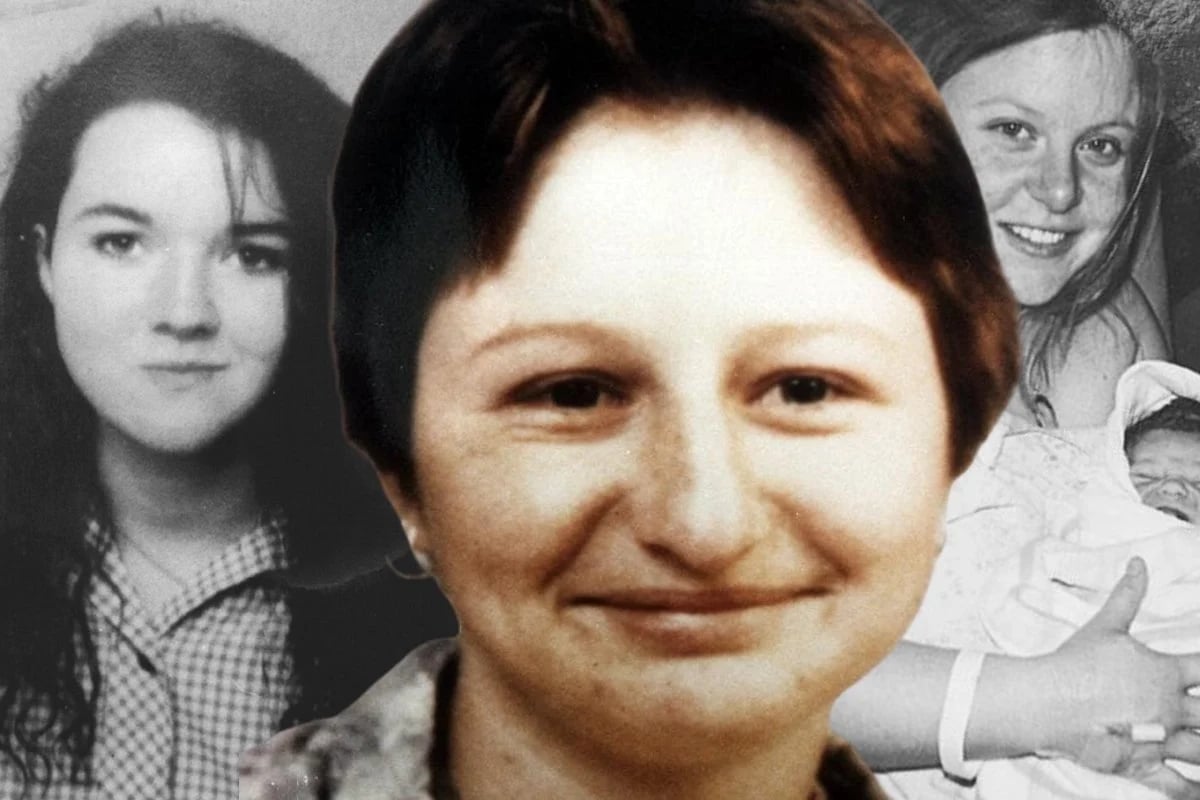
Paul Denyer, also known as the Frankston killer, was a meticulous, brutal, and unremorseful killer. He was involved in horrible animal cruelty growing up and by his teens, he wanted to kill and began stalking women.
Then in 1993, he murdered three women — Natalie Russell, Elizabeth Stevens and Deborah Fream. He also remains the key suspect in murder of Sarah MacDiarmid in 1990.
After being caught by investigators and later admitting to the three murders, Denyer was sentenced to life in prison without parole. He later appealed and his sentence was reduced to a non-parole period of 30 years, meaning he is eligible for release from this year.
That he could now be released on parole deeply concerns all involved with the case.
Watch: Victim's families brace for triple murderer's release. Post continues below.
Australian crime reporter John Silvester has reported on hundreds of cases for over three decades on the job. But it's the 1993 case of one of Australia's most infamous serial killers that has stuck with him ever since.
"Denyer is so enthusiastic in explaining the most dreadful of details. He was proud of what he did. He hated women," Silvester said on Mamamia's The Quicky.


Top Comments